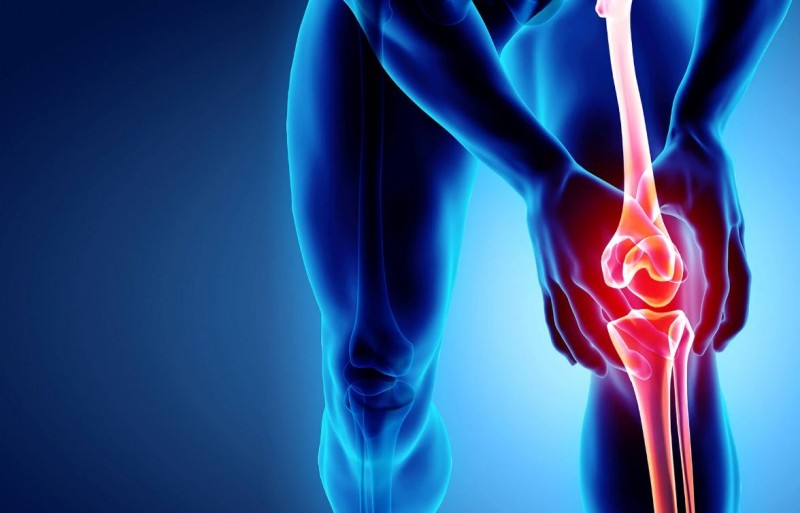
Joint pain, a prevalent issue, often intensifies during the colder months, affecting individuals of all ages. The discomfort commonly manifests in areas such as the knees, lower back, elbows, and fingers, impacting daily activities and quality of life. Ayurveda, the ancient Indian system of medicine, offers valuable insights into managing joint pain by addressing the underlying imbalance in the Vata dosha, or the air element in the body. This comprehensive guide explores Ayurvedic principles and practical tips for effectively alleviating joint pain during winter.
Stay Stress-Free:
The connection between mental stress and physical health is well-established in Ayurveda. Stress is known to aggravate the Vata dosha, leading to increased joint pain and discomfort. To counteract this, individuals should incorporate stress-relieving practices into their daily routine. Techniques such as meditation, deep breathing exercises, and yoga help calm the mind, reduce stress levels, and promote overall well-being. Additionally, cultivating positive habits such as spending time in nature, engaging in hobbies, and fostering social connections can contribute to stress reduction and better management of joint pain.
Ensure Adequate Sleep:
Proper sleep plays a crucial role in the body's ability to repair and rejuvenate, particularly in managing joint pain. During sleep, the body undergoes essential processes such as tissue repair, hormone regulation, and toxin elimination, all of which contribute to overall health and vitality. Establishing a consistent sleep schedule and creating a sleep-friendly environment are essential strategies for promoting restorative sleep. Individuals should aim for 7-9 hours of quality sleep each night and prioritize relaxation techniques before bedtime to enhance sleep quality and alleviate joint pain.
Maintain a Daily Routine:
A harmonious daily routine is fundamental in Ayurveda for maintaining balance and harmony within the body. Consistency in activities such as waking up, eating meals, and engaging in physical exercise helps regulate the body's natural rhythms and promotes optimal health. Specifically, establishing a regular schedule for bowel movements and urination is essential for supporting digestive health and eliminating toxins from the body. By adhering to a structured daily routine, individuals can minimize Vata imbalance and reduce joint pain effectively.
Prioritize Rest and Relaxation:
In the fast-paced modern world, it's easy to overlook the importance of rest and relaxation in managing joint pain. However, adequate rest is essential for allowing the body to heal and recover from daily stressors. Incorporating periods of rest and relaxation throughout the day helps reduce the accumulation of Vata dosha and promotes a sense of calm and well-being. Activities such as gentle massages, warm baths, and mindfulness practices can be particularly beneficial in relieving joint pain and enhancing overall relaxation.
Watch Your Diet:
Dietary choices play a significant role in Ayurveda, influencing the balance of doshas within the body. When experiencing joint pain, it is essential to focus on foods that pacify the aggravated Vata dosha and support joint health. Avoiding foods that exacerbate Vata imbalance, such as cold and dry foods, processed foods, and excessive caffeine and alcohol, is crucial for managing joint pain effectively. Instead, individuals should emphasize warm, nourishing foods that are easy to digest, such as cooked vegetables, whole grains, healthy fats, and herbal teas. Additionally, incorporating spices with anti-inflammatory properties, such as turmeric, ginger, and cumin, can further support joint health and alleviate pain and inflammation.
In conclusion, managing joint pain during the winter months requires a holistic approach that addresses both physical and mental well-being. By incorporating Ayurvedic principles such as stress management, adequate sleep, daily routine maintenance, rest and relaxation, and mindful eating, individuals can effectively alleviate joint pain and improve overall health and vitality. By adopting these practices into their lifestyle, individuals can experience long-term relief from joint pain and enjoy a higher quality of life throughout the winter season and beyond.
Prepare Yourself with These Valentine's Day Exercises for You and Your Partner to Stay Fit Together